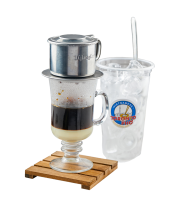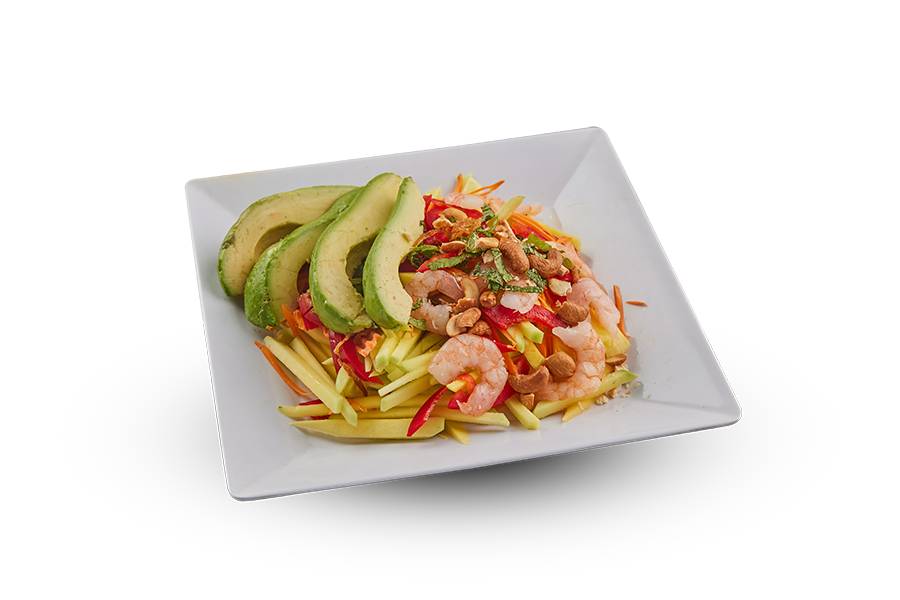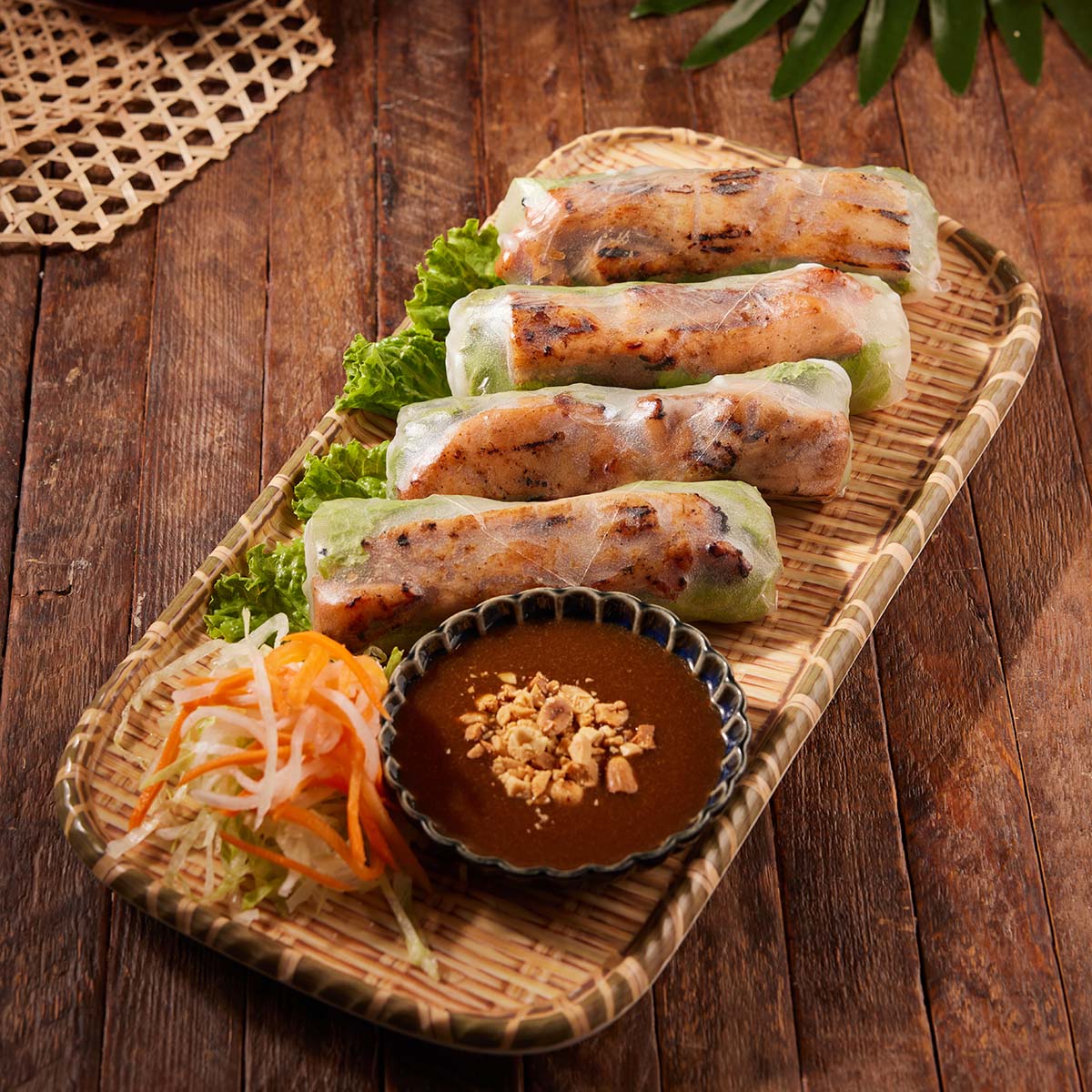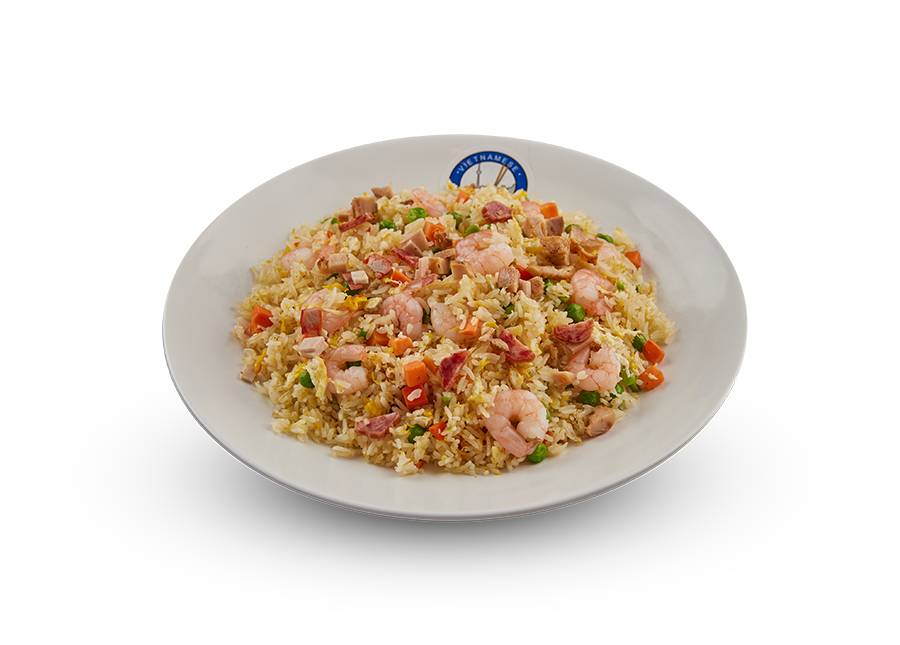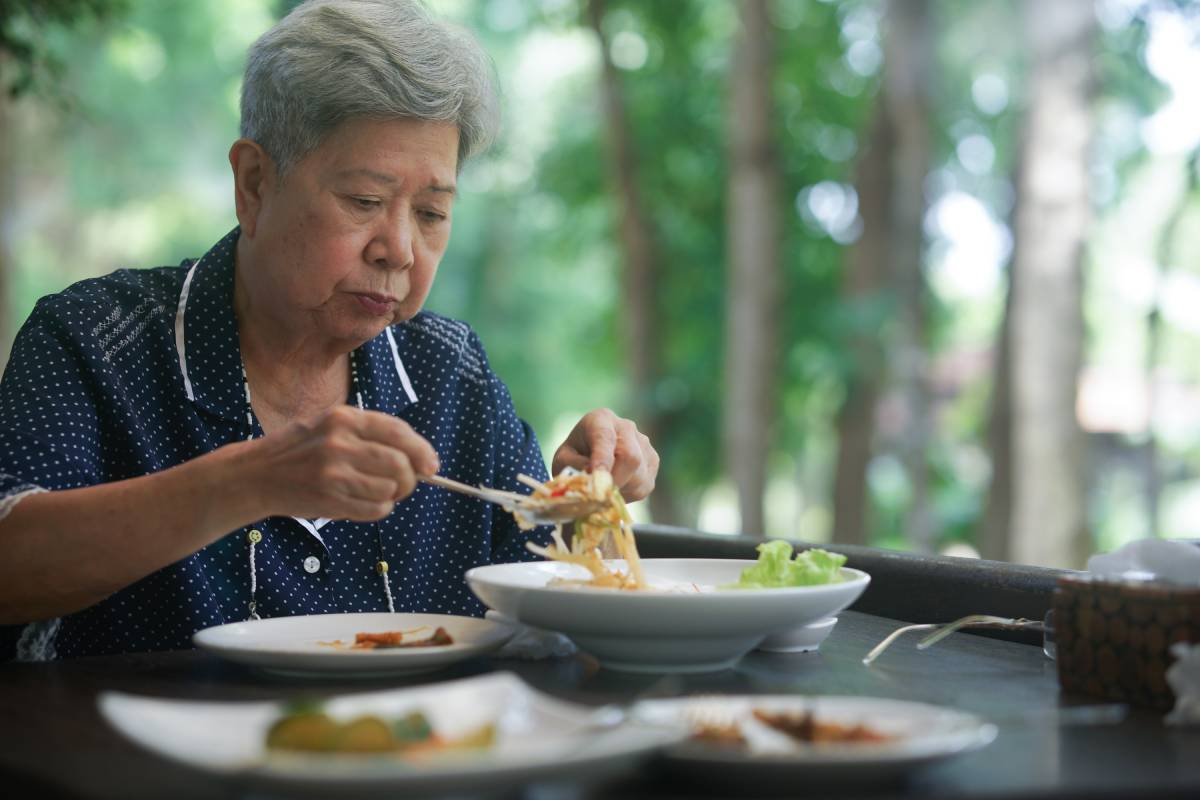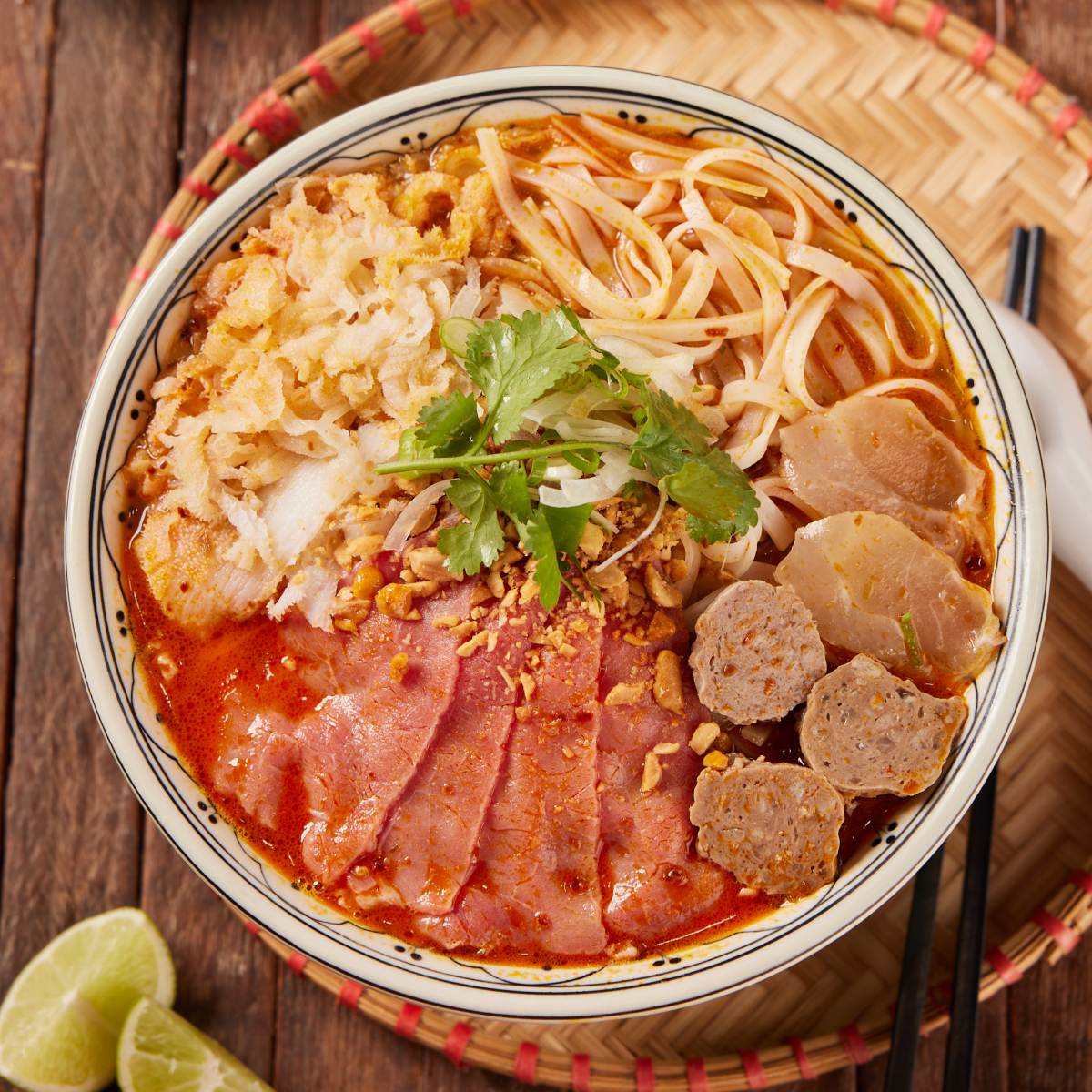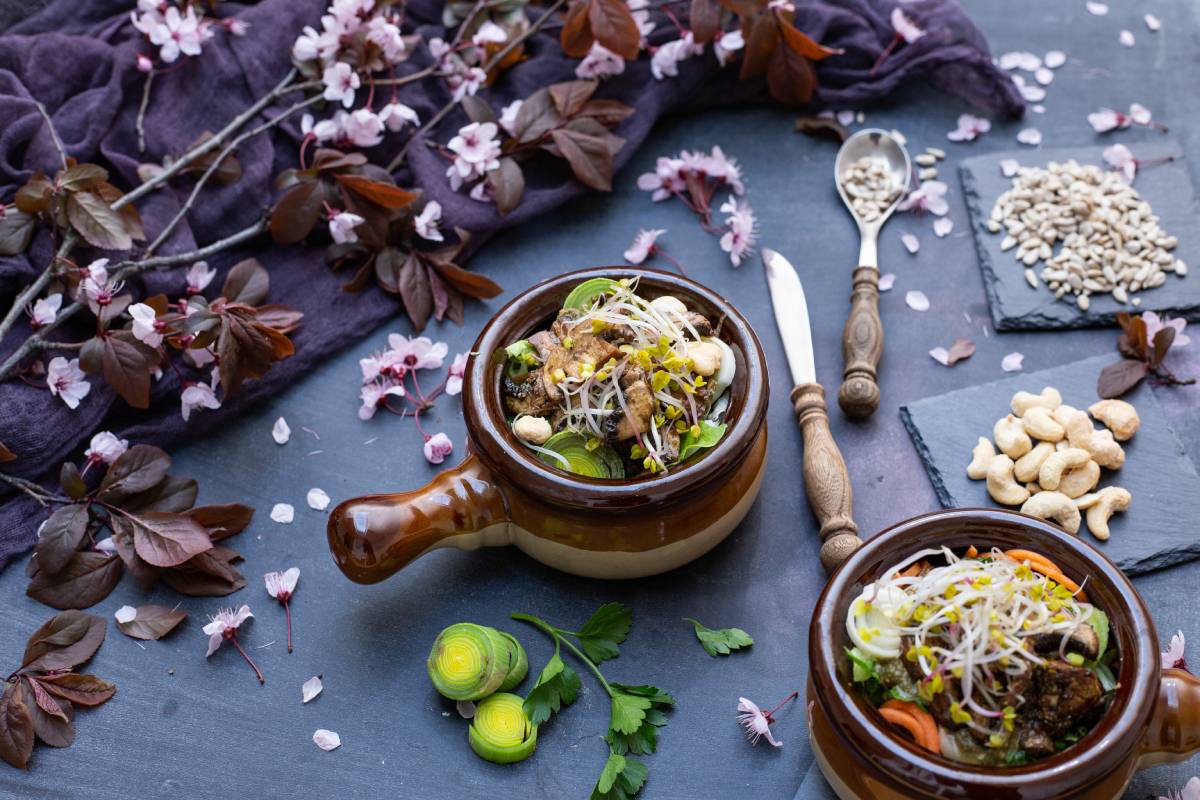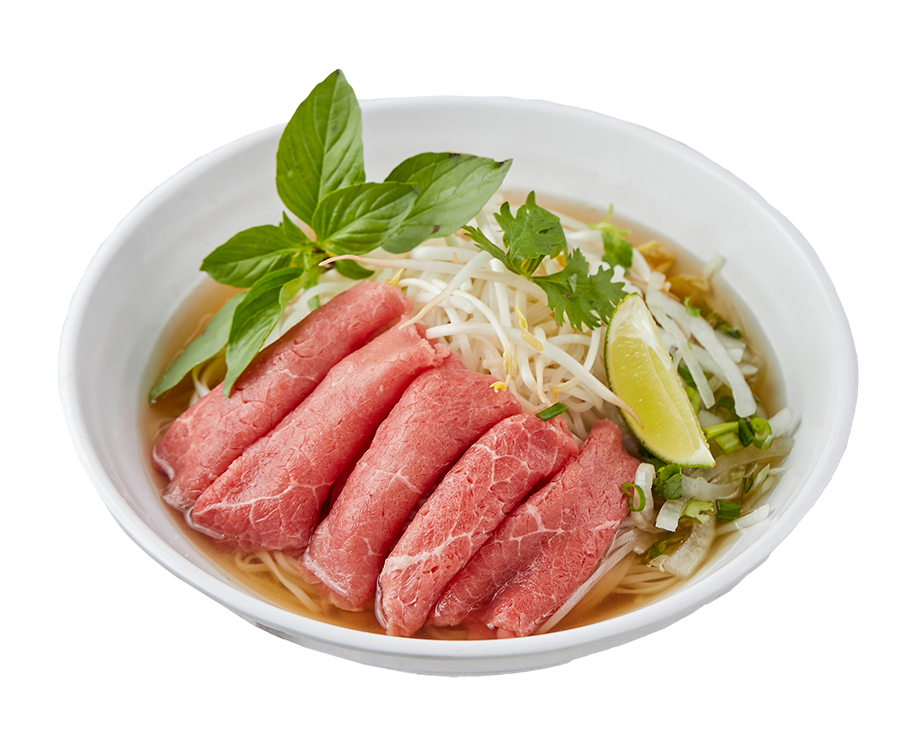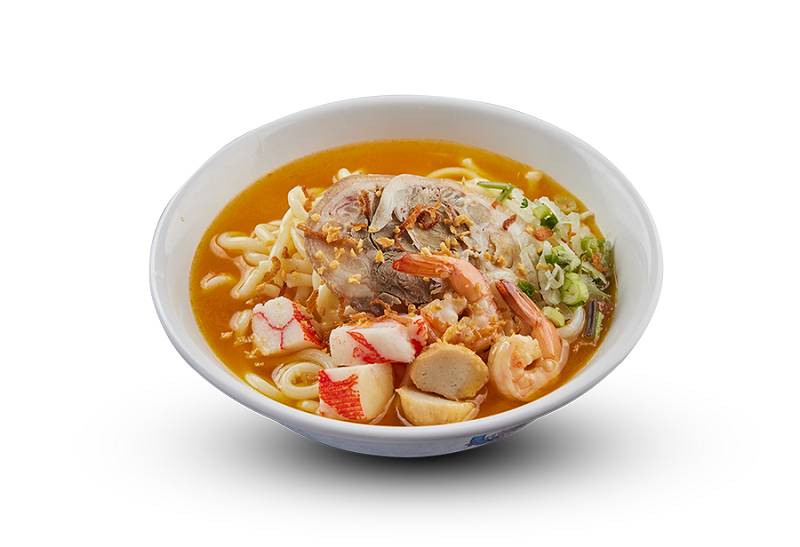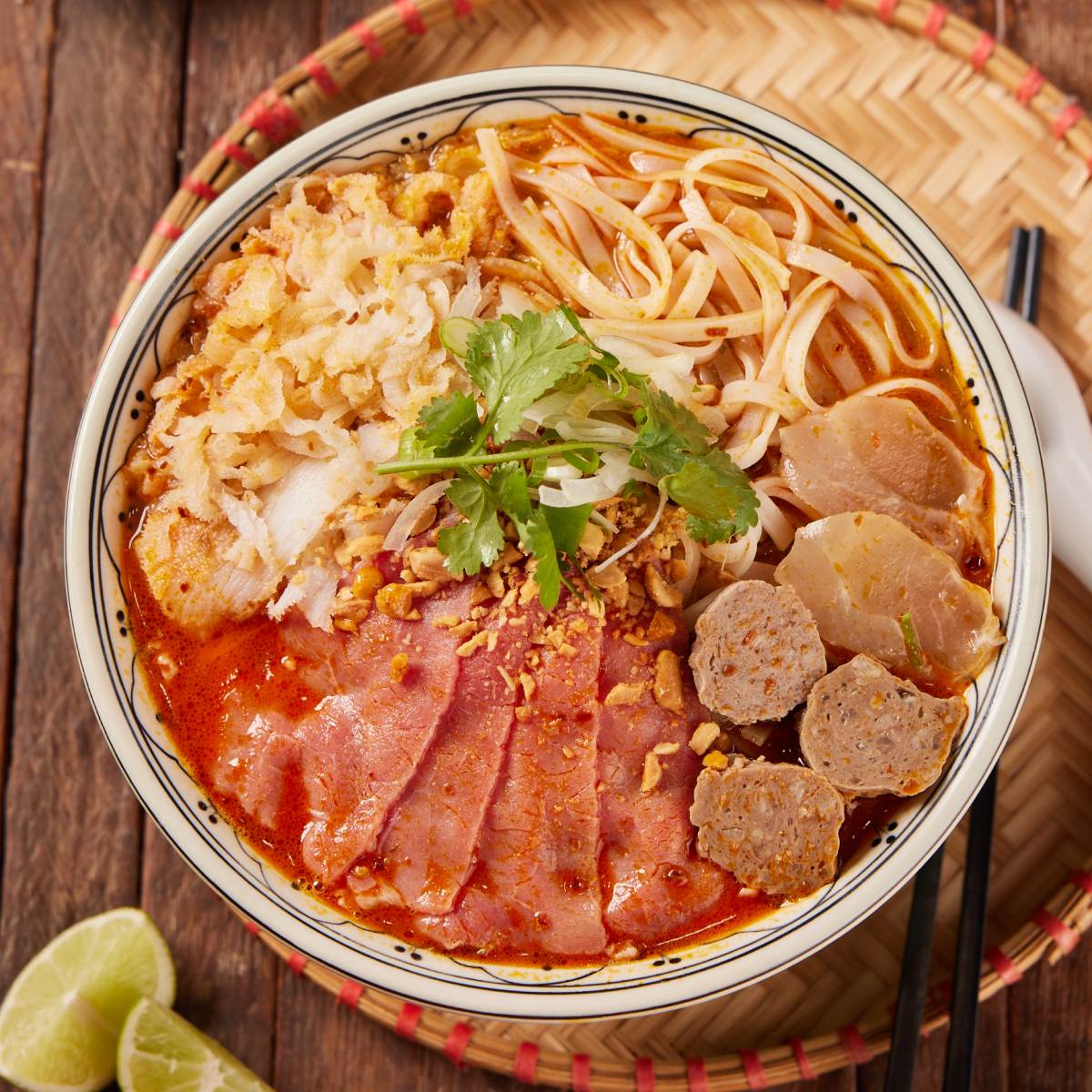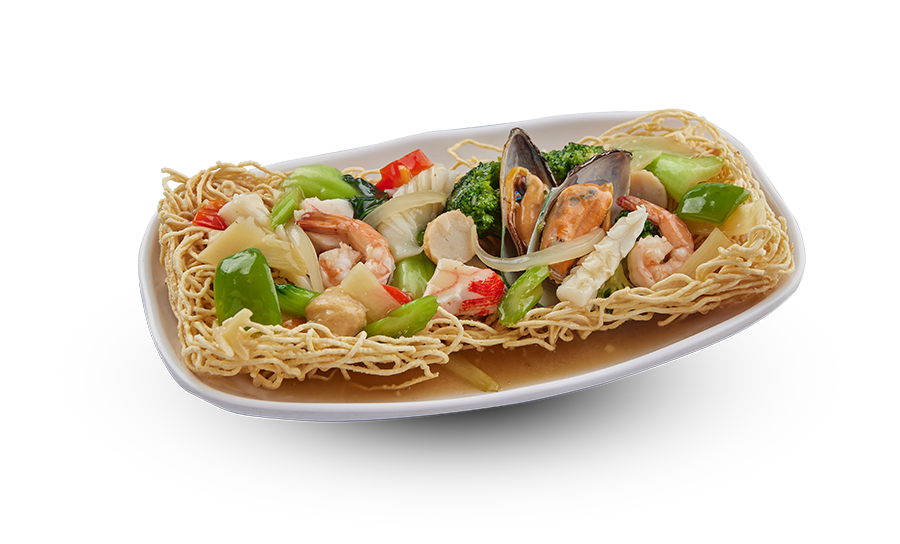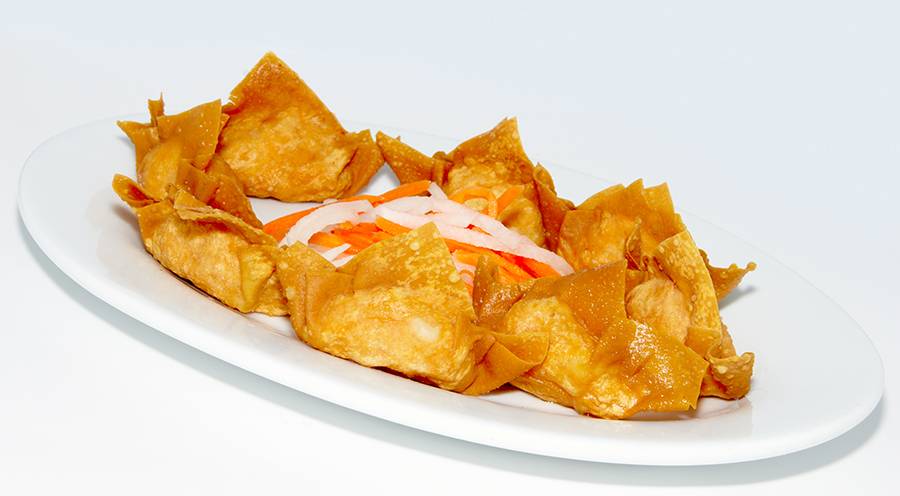The History and Origins of Vietnamese Coffee
Vietnam's love affair with coffee began during the French colonial period in the late 19th century. French missionaries introduced coffee to the country, quickly becoming a popular beverage among the locals. The fertile highlands of Vietnam, particularly the Central Highlands region, provided the perfect conditions for coffee cultivation. Today, Vietnam is the second-largest coffee producer in the world, renowned for its robusta beans.
Vietnamese coffee has a distinct flavour profile that differentiates it from other varieties. The beans are typically roasted dark to bring out their full-bodied and bold flavour. The unique combination of the country's terroir, climate, and cultivation techniques contributes to the rich and earthy taste that Vietnamese coffee is known for. The coffee beans are often blended with other ingredients like cocoa or chicory to add depth and complexity to the flavour.
Coffee production in Vietnam has a fascinating history that reflects the country's resilience and determination. Despite facing various challenges, including wars and economic hardships, the coffee industry has thrived, thanks to the unwavering dedication of the farmers. Their passion for cultivating the finest beans has made Vietnamese coffee a symbol of Vietnamese pride and resilience.
Traditional Vietnamese Coffee Preparation Methods
Traditional Vietnamese coffee is brewed using a small metal drip filter called a "phin." This unique brewing method allows for a slow and controlled extraction, resulting in a rich and flavorful cup of coffee. The phin consists of several parts, including a perforated plate, a chamber for the coffee grounds, and a lid to keep the heat in.
The phin is placed on top of a cup or glass to make Vietnamese coffee. A small amount of sweetened condensed milk is added to the bottom of the cup, followed by the desired amount of coffee grounds. Hot water is poured into the phin, and the lid is placed on top to retain the heat. As the water drips through the coffee grounds, it slowly mixes with the condensed milk, creating a deliciously smooth and creamy beverage.
The slow and patient process of brewing Vietnamese coffee is an art form in itself. It requires attention to detail, precision, and a deep understanding of the coffee's characteristics. The result is a cup of coffee that is both satisfying and deeply satisfying.
Unique Characteristics of Vietnamese Coffee Beans
Vietnamese coffee beans are predominantly of the robusta variety. Unlike arabica beans, known for their delicate flavours and acidity, robusta beans are prized for their strength and boldness. They contain higher levels of caffeine and have a distinctive flavour profile often described as earthy, chocolatey, and nutty.
The robusta beans grown in Vietnam benefit from the country's unique climate and geography. The high altitude of the Central Highlands, combined with the rich volcanic soil, provides ideal conditions for robusta cultivation. Skilled farmers handpicked these beans, carefully selecting only the ripest cherries, ensuring the coffee reached its full potential.
Vietnamese coffee beans are often processed using the "wet method," where the beans are washed and fermented before drying. This method helps enhance the coffee's flavour and aroma, resulting in a truly exceptional cup.
Popular Types of Vietnamese Coffee Drinks
Vietnamese coffee culture is as diverse as the country itself, with a wide variety of coffee drinks to suit every taste. The most famous and traditional Vietnamese coffee drink is ca phe sua da, which translates to "coffee with milk and ice." This refreshing beverage combines strong brewed coffee with sweetened condensed milk and serves over ice. The contrasting flavours of the bitter coffee and the condensed milk's creamy sweetness create a uniquely delightful Vietnamese harmony.
Another popular Vietnamese coffee drink is ca phe trung, also known as egg coffee. This decadent concoction consists of a rich and velvety egg yolk custard poured over a strong black coffee. The result is a creamy and indulgent beverage reminiscent of a liquid dessert. Egg coffee has gained international fame in recent years and has become a must-try for coffee enthusiasts visiting Vietnam.
For those seeking a more adventurous experience, Vietnamese coffee can also be enjoyed with added ingredients like coconut milk, yogurt, or even chocolate. Each variation offers a different flavor profile and a new dimension to the Vietnamese coffee experience.
The Role of Coffee in Vietnamese Culture and Social Gatherings
In Vietnam, coffee is not just a beverage; it is a way of life. Coffee shops, known as "ca phe," are ubiquitous throughout the country and serve as social hubs where friends, family, and colleagues gather to unwind and connect. These establishments range from humble sidewalk cafes to elegant establishments, each with its own unique ambiance and charm.
Vietnamese coffee culture is characterized by a relaxed and unhurried pace. It is common to see locals spending hours at a coffee shop, sipping their favorite brew, and engaging in deep conversations. Coffee shops are considered a place of refuge and a haven for creativity, where ideas are exchanged, friendships are forged, and stories are shared.
Coffee is also an integral part of Vietnamese hospitality. It is customary to offer guests a cup of coffee as a gesture of welcome and friendship. Serving and sharing coffee is seen as a way to strengthen bonds and foster meaningful connections.
Vietnamese Coffee Shops and Their Ambiance
Vietnamese coffee shops are known for their unique ambiance, which reflects the country's rich cultural heritage. Traditional coffee shops often feature wooden furniture, vintage decor, and soothing background music, creating a nostalgic and inviting atmosphere. These establishments provide a cozy retreat from the bustling streets outside, allowing patrons to immerse themselves in a tranquil oasis.
In recent years, a new wave of modern and trendy coffee shops has emerged in Vietnam's urban centers. These establishments combine contemporary design elements with innovative brewing techniques, catering to a younger and more cosmopolitan crowd. The ambiance in these coffee shops is vibrant and energetic, focusing on aesthetics and experiential dining.
Whether traditional or modern, Vietnamese coffee shops offer a unique and immersive experience, they provide a glimpse into the country's rich coffee culture and serve as a gateway to exploring the diverse flavours and brewing methods that make Vietnamese coffee so special.
Vietnamese Coffee Brands and Their Reputation
Vietnam's coffee industry is home to several prominent brands that have gained domestic and international recognition. Trung Nguyen, one of the country's most well-known coffee brands, has significantly popularized Vietnamese coffee worldwide. Trung Nguyen has become synonymous with excellence in Vietnamese coffee because of its high-quality beans and innovative blends.
Other notable Vietnamese coffee brands include Vinacafe, Highlands Coffee, and G7. Each brand offers its unique range of coffee products, catering to different preferences and tastes. From instant coffee to whole bean varieties, these brands have made Vietnamese coffee accessible to a global audience, ensuring that the flavors and traditions of Vietnam are enjoyed far beyond its borders.
How to Make Vietnamese Coffee at Home
Bringing the flavors of Vietnamese coffee into your home is easier than you might think. With a few simple ingredients and the right equipment, you can recreate the authentic Vietnamese coffee experience in your own kitchen.
To make Vietnamese coffee at home, you will need a phin filter, which can be purchased online or at specialty stores. Start by adding a spoonful of sweetened condensed milk to the bottom of a cup or glass. Next, place the phin filter on top of the cup and add a desired amount of coffee grounds. Gently press down on the coffee grounds to ensure an even distribution. Pour hot water into the phin and let it drip slowly through the coffee grounds. Once the dripping stops, remove the phin and give the coffee a good stir to mix in the condensed milk. Add ice if desired, and enjoy your homemade Vietnamese coffee.
Experiment with different coffee beans, brewing times, and ratios to find your perfect cup of Vietnamese coffee. Feel free to get creative and add your own twist to the traditional recipe. The beauty of Vietnamese coffee lies in its versatility and adaptability to individual preferences.
Experiencing Vietnamese Coffee Culture Firsthand
To truly appreciate Vietnamese coffee's art, culture, and tradition, there is no substitute for experiencing it firsthand. A visit to Vietnam offers a unique opportunity to immerse yourself in the country's vibrant coffee culture and witness the passion and dedication of the coffee farmers and baristas.
Take a stroll through the streets of Hanoi or Ho Chi Minh City, and you will be greeted by the enticing aroma of freshly brewed coffee. Explore the local coffee shops, both traditional and modern, and indulge in the vast array of flavors and techniques that make Vietnamese coffee so special. Strike up a conversation with the locals, and you will uncover fascinating stories and insights into the role of coffee in Vietnamese society.
For the adventurous traveler, a visit to the coffee-growing regions of Vietnam is a must. Take a tour of the coffee plantations and witness the meticulous process of growing, harvesting, and processing the coffee beans. Engage with the farmers and learn about their traditions and techniques, passed down through generations. The experience will deepen your appreciation for the coffee in your cup and create lasting memories.
Conclusion
Vietnamese coffee is more than just a beverage; it is a cultural phenomenon that has captured the hearts and taste buds of people around the world. From its humble origins to its status as a global icon, Vietnamese coffee embodies the spirit of Vietnam and its people. The art, culture, and tradition that surround Vietnamese coffee make it a truly unique and enchanting experience.
As you sip a cup of Vietnamese coffee, please take a moment to savor its flavors and reflect on the stories and traditions that have shaped it. Let the rich aroma and velvety texture transport you to the bustling streets of Vietnam, where coffee is a language spoken by all. Whether you enjoy it in a traditional coffee shop or in the comfort of your own home, Vietnamese coffee invites you to slow down, connect with others, and celebrate the beauty of life, one sip at a time.
Would like to taste traditional Vietnamese coffee in Toronto? Try our , traditional Vietnamese Iced coffee or Va Va Viet or Coconut Coffee, Thai Iced Coffee, or Vietnamese White Coffee.

